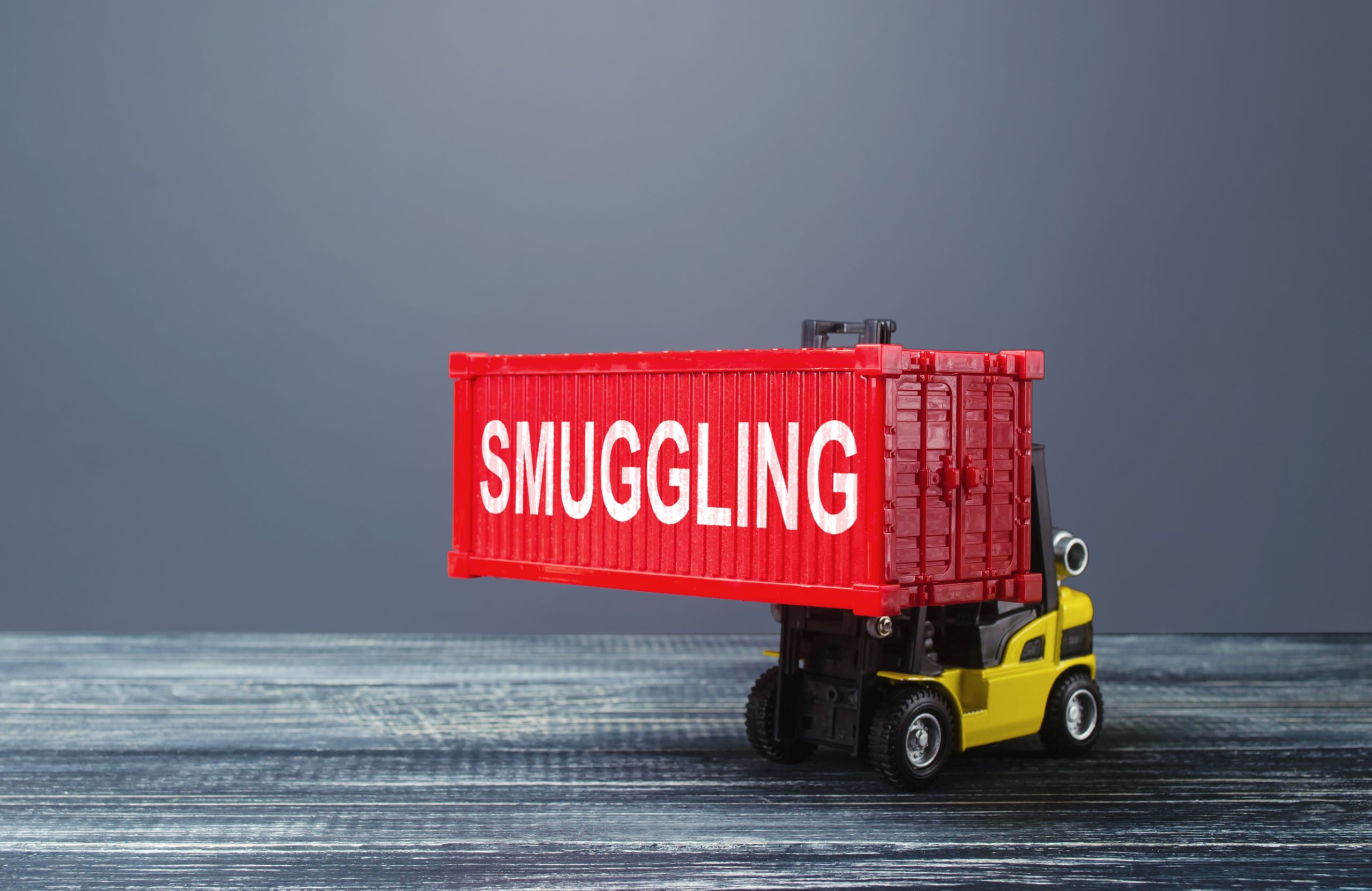Climate regulators in the European Union got more than they bargained for after clamping down on HFCs (hydrofluorocarbons), the conventional coolants used in refrigerators to keep their contents cool.
Over the last decade, policy makers in the U.S. and Europe have taken action to clamp down on the use of these coolants on the basis of environmentalist concerns that they contribute to human-caused global warming.
But regulators might be moving faster than market participants are willing to. The past year has seen a wave of illegal shipments of these controlled substances to the Eurozone. In many notable cases across Europe from the old Eastern bloc to Spain, authorities have seized several tons entering the Eurozone in violation of EU sanctions on the import of HFCs.
Despite policymakers’ best wishes, they are still highly sought after commodities, and the demand for them has continued apace regardless of government regulations.
According to Benedict Hamilton, a managing director for Kroll, a New York City-based governance, transparency, and market intelligence consultant said, “The profit from this sort of activity is exactly the sort of thing that appeals to modern organized crime gangs.”
Bottom Line: Essentially pricing law-abiding businesses out of a market has historically attracted more unsavory businesses to meet the demand, while creating the higher prices and lucrative profits associated with the greater risk and cost of operating in the black market. That sends an enormous amount of resources into the pockets of organized crime, and could even pose an international security risk at the cost of the safety of citizens in Europe and other countries.





